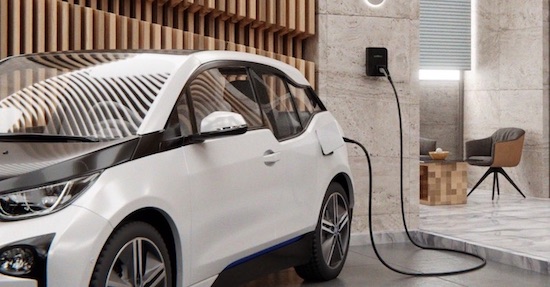Electric Cars: The Basics
For those of you new to zero-emission electric driving, we recommend a read of the following articles:
Sign up to the e-zoomed Electric Living newsletter
The Update On The Plug-In Car Grant (PiCG) Could Have Delivered More Good News For Buyers Of Electric Cars!
We have all been waiting eagerly for the update on the UK plug-in car grant (PiCG). The 2020 budget (11th March 2020), delivered both, good and bad news, in regards to the electric vehicle incentive framework in the UK, for the purchase of electric cars, electric vans, electric taxis and electric motorcycles.
The Good News
- The UK government continues to provide an incentive framework for the purchase of electric vehicles via the Department for Transport (DfT) and Office for Low Emission Vehicles (OLEV). The PiCG grant was due to expire at the end of March 2020. So far, the PiCG scheme has supported the purchase of up to 200,000 ULEVs.
- The government has extended the plug-in car grant (PiCG) to 2022-23 and will provide a further £403 million for the grant. In addition, the government will provide £129 million for the plug-in grants for zero-emission vans, electric taxis and electric motorcycles. This will also be extended to 2022-23. Plug-in grants for electric vans (up to £8,00), electric taxis (up to £7,500) and electric motorcycles (up to £1,500) remain at the same level.
The Bad News
- The amount available for the PiCG grant to buyers has been reduced by £500, from £3,500 to £3,000.
- All-electric cars costing £50,000 and more will not be eligible for the PiCG.
The above changes have come into effect immediately.
e-zoomed View
- Overall, the Budget 2020 announcement in relation to ultra-low emission vehicles is positive and welcome news for the nascent electric vehicle sector in the UK. The government has committed to an incentive framework for another three years, and this clarity will certainly assist buyers to migrate to emission-free electric cars.
- However, the government should have avoided decreasing the grant available i.e. £500 lower. This is the third reduction in the PiCG grant since 2011. The grant was initially set at £5,000, then reduced to £4,500 and further revised down to £3,500. Battery-electric vehicles (BEVs) prices will not drop substantially in the immediate term. It will take time for economies of scale to translate to lower prices for buyers. In our view, the government should have retained the grant level up to £3,500 for at least, another 24 months.

- We also believe that the government should have continued to support pure electric cars priced at £50,000 and above. The growth of the higher priced EV segment, to include BEVs like, the Tesla Model S, the all-electric Jaguar I-PACE and the all-electric Audi e-tron, is also imperative in the broader migration to zero-emission electric driving.
- However, we remain cautious, as the government may further revise downwards the available grants between now and 2023. We certainly urge the Chancellor, Rishi Sunak, to keep the grants at the same level till 2023, to encourage the rapid adoption of zero-emission electric vehicles.
While e-zoomed uses reasonable efforts to provide accurate and up-to-date information, some of the information provided is gathered from third parties and has not been independently verified by e-zoomed. While the information from the third party sources is believed to be reliable, no warranty, express or implied, is made by e-zoomed regarding the accuracy, adequacy, completeness, legality, reliability or usefulness of any information. This disclaimer applies to both isolated and aggregate uses of this information.




































